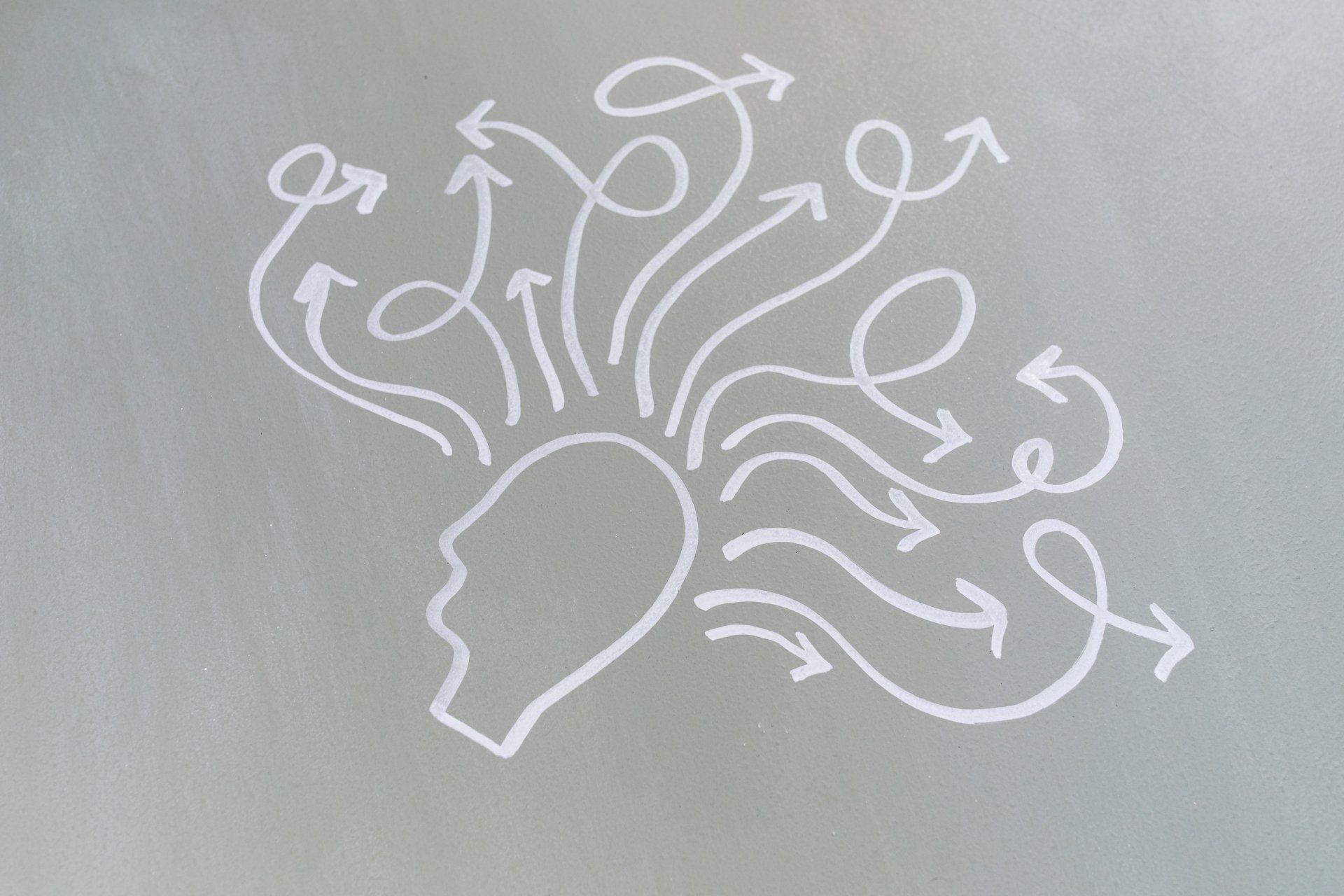Treatment Options for Concussions/Post-Concussion Syndrome
If you have been keeping up with our concussion blog series, then you’ll know the common cause, signs, symptoms and steps for diagnosis. Now, you’ll be able to learn about effective treatment options.
TRADITIONAL TREATMENTS
Once you have been diagnosed with post concussion syndrome, your doctor will most likely recommend taking over-the-counter pain relievers such as acetaminophen (Tylenol) or Ibuprofen (Advil) to reduce any neck pain or headache symptoms. However, these medications may come with some unwanted side effects such as becoming more tolerant to these pain relievers, making it harder for you to experience pain relief.
Another treatment method traditionally used to help with concussions is physiotherapy. Physiotherapy may not be the first word that comes to mind when you think of a concussion however, it can have a great impact on your health. Physiotherapy can help strengthen neck muscles, improve balance, and reduce visual disturbances through ocular reflex training. Although physiotherapy may help with certain post concussion symptoms, it is not as effective for cognitive symptoms such as brain fog, concentration troubles, fatigue, and sleep problems.
ALTERNATIVE TREATMENTS
Those who have had a concussion typically have deviant brain wave patterns. Sometimes there is an excess of slow brain wave patterns near the area(s) where their brain is injured causing brain fog, inattention, emotional regulation, and executive functioning issues. Depending on the injury there can be a global reduction in some or all brain wave patterns that causes global issues in brain wave balance, communication, and speed of communication. Other areas in the brain can be stuck in fast brain wave patterns such as beta and high beta as your brain tries to compensate for an excess of slow brain wave patterns. So the question is, how do you improve your deviated brain wave patterns?
Similar to traditional neurofeedback, Z-score neurofeedback is a non-invasive method used to train the brain to be more relaxed, calm, alert, and focused. But how does it work? Well, Z-score neurofeedback trains multiple areas of the brain at the same time with the help of 19 electrodes placed on the scalp. Once the brain wave patterns related to your symptoms are determined, we can design a personalized program to target and improve them. During each session we monitor your brain waves in real time and when there is greater balance of brain wave patterns, we reward you with video and sound. These audio and visual rewards help train and guide your brain to have improved balance and improve your symptoms. While we can subjectively observe your progress by asking how you are feeling, we can also objectively see the progress that you’ve made through a QEEG re-assessment. In fact, one study revealed that 59 out of 67 patients suffering from a traumatic brain injury noticed subjective improvement in their symptoms within 10 sessions of neurofeedback. In addition, 54 patients had an objective improvement of QEEG maps manifesting as reduction of excessive beta activity and/or normalization of delta or theta power. These results are very encouraging and indicate high potential of Z-score neurofeedback rehabilitation for patients suffering from traumatic brain injury.
In addition to z-score neurofeedback, individuals can undergo somatic experiencing ; a treatment method aimed at targeting symptoms that stem from mental and physical trauma. This form of therapy focuses on the client’s perceived body sensations in order to address the physiology of trauma and stress. The awareness developed in somatic experiencing sessions helps to release physical tension that may remain after trauma or a traumatic event including traumatic brain injuries. If you or someone you know is experiencing post concussion syndrome, contact us today at 416-398-9991.
For more on concussions visit https://www.neuropotentialclinics.com/concussion
REFERENCES
Koberda, J. L. (2015). LORETA Z-score neurofeedback-effectiveness in rehabilitation of patients suffering from traumatic brain injury. Journal of Neurology and Neurobiology, 1 (4), 1-9.
The “Invisible Injury”: Concussion management and the role of physiotherapy. (n.d.). Retrieved from https://physiotherapy.ca/blog/invisible-injury-concussion-management-and-role-physiotherapy











